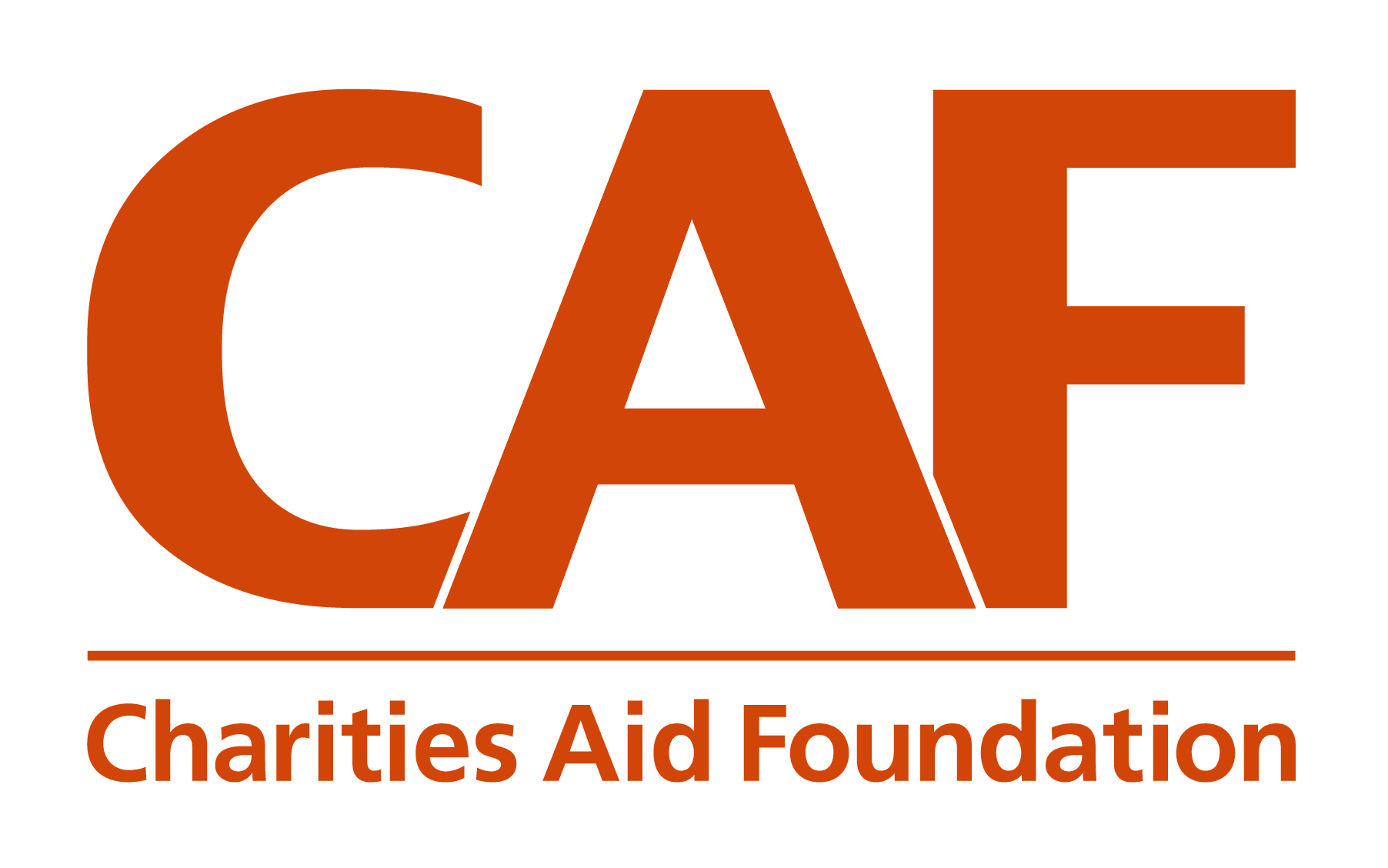Most people hope to leave a legacy for future generations either with an invention, an idea, a business, a personal creation, a family or a positive impact on an individual or a community. One simple and impactful way of leaving a legacy can be through giving.
Legacy giving is a planned donation, usually to be enacted upon an individual’s death, that involves designating a fixed sum or part of an individual’s assets or estate to charity. Legacy gifts can be made through wills, trusts, annuities, and pooled income funds, and can include money, property, or even valuable objects such as art and artefacts.
Many charities fundraise by appealing to donors in the moment, by asking them to drop coins into a bucket, or tapping their debit card. Legacy giving is sometimes overlooked in fundraising strategies owing to the planning it entails and the fact that it necessarily addresses future as opposed to immediate need. However, encouraging and enabling legacy giving to one’s charity can be a powerful way of building fundraising capacity and financial resilience.
Indeed, gifts in wills currently raise £3.4bn annually, accounting for 16% of all fundraised income for UK charities, and this number is expected to double again by 2050.
So how can promoting legacy giving help your charity?
It appeals to existing donors and sends a positive message
Existing donors are among charities’ most valuable resources. Charities already have a connection with them, and if these donors are long-term supporters, they may be more willing to leave a gift in their wills.
Communicating with donors about legacy giving can also help charities build their reputations with donors as being trustworthy, stable organisations. When charities discuss legacy giving with donors, it conveys these organisations believe in their future. Thus, charities can help to secure future revenue and build an impression of endurance and dependability.
There are tax benefits worth highlighting
There are tax benefits involved in legacy giving for donors and charities. A gift to a UK charity is free from inheritance tax, meaning that the money is ‘removed’ from the value of a donor’s estate before tax is calculated. In addition to the donation being tax free, charitable gifts can reduce the amount of inheritance tax paid on the rest of the estate. If 10% or more of the estate is gifted to charity, then the rate of inheritance tax paid on the rest of the estate is reduced from 40% to 36%. This means that gifts in wills can make a difference to the causes that donors care about the most whilst also having a positive impact on the remainder of their estate – for instance, a £100,000 gift to charity from a £1m estate only ‘costs’ the beneficiaries £24,000.
Donating cash, stocks, shares, property, art, and antiques to charity can also be highly tax effective. For instance, when giving HM Revenue and Customs (HMRC) qualifying investments to charity, including shares, a donor can claim income tax relief on the fair market value of shares as well as full tax relief on any capital gains tax.
It connects with people who want to help but are not sure how
Donating in the moment requires making decisions that can affect an individual’s finances in a tangible and immediate sense. People ask themselves if they can afford to give away the money and consider their personal expenses.
In some cases, people may be asset rich but cash poor, meaning their capacity to donate to charities is limited. For instance, they may be unable to commit to a monthly direct debit donation, but may be able to bequeath assets to charity when they die.
Indeed, legacy giving can provide a way for people to commit money to charity without worrying about whether their donation will place them under financial strain. Discussing legacy giving with a charity’s supporters – including those not currently donating money – can be a practical action for charities to take.
It taps into an untapped market
In the UK, 60% of adults don’t have wills. This places them at risk of having their estate distributed solely according to ‘intestacy’ law. For charities, this means they are missing out on vast amounts of potential revenue, given many people have causes they feel passionate about and wish to support.
Therefore, promoting legacy giving could positively impact charity revenues, and also benefit donors and their loved ones, who know they are carrying out their loved one’s wishes when they die.
Digital will-writing has made legacy giving easier than ever before. Charities can reassure donors and emphasise the straightforward nature of digital will-writing as part of their promotion of legacy giving.
At CAF, we’re privileged to have seen the lasting impact that legacy gifts can have. We have handled legacies which have provided a boost for sight loss research at the University of Oxford, funded a local sewing group tackling rural isolation in Wales, helped emerging entrepreneurs in Norwich, and preserved a working windmill in Leicestershire. For many, it can be the ultimate expression of support for a cause, where they can make a far more substantial donation than they ever could in their lifetime.






